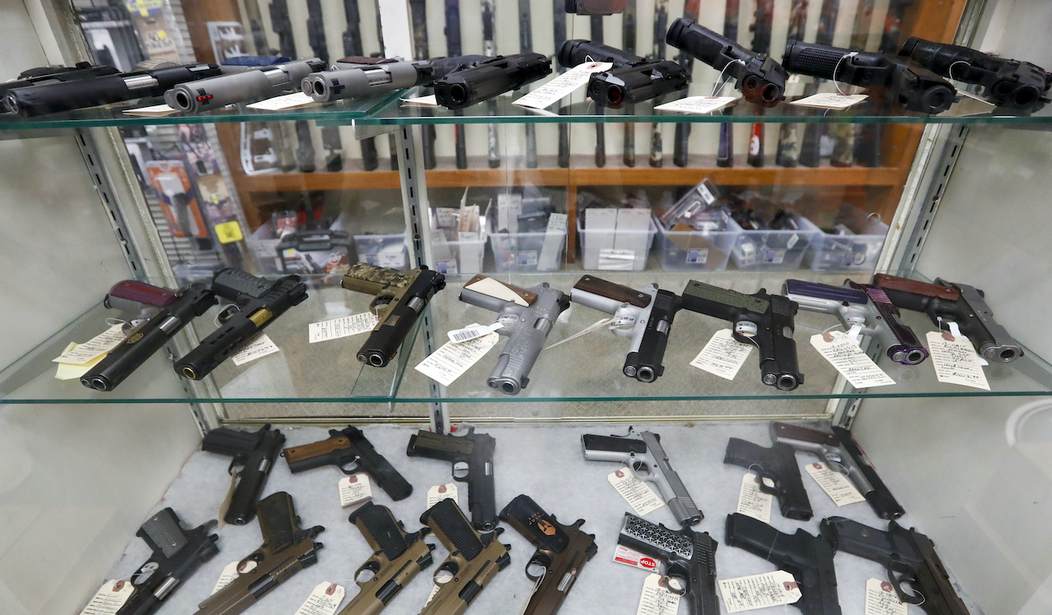Each state has its own, independent laws. Those laws exist because the legislature of that state felt the need to pass those laws, and they don’t really have any bearing on what other states do.
There are, however, exceptions. In particular, when federal law says so.
A prime example is cases where someone is convicted of something that impacts their gun rights. In such a case, one state has to consider just what happened in another.
Normally, this is pretty cut and dried. A felon in one state is a felon in another state, after all. But with things like domestic violence, it gets trickier. Now, such a case is headed to the highest state court in Illinois.
The Illinois Supreme Court is being asked to consider the laws of California and the U.S. Constitution in ruling on one man’s eligibility to be issued a Firearm Owners Identification card by Illinois State Police.
The high court heard oral arguments last week in Springfield in Thomas Brown v. the Illinois State Police, a case in which Brown is seeking to have his Firearm Owners Identification card rights restored so he can participate in target shooting, hunting and be able to defend himself, according to a court filing.
Brown was a cardholder for several years, most recently applying for and being granted renewal in 2013. But in 2016, he tried to buy a gun at a federal firearm licensee, leading Illinois State Police to conduct a background check. That unearthed a 2001 conviction in California on a “misdemeanor offense of inflicting corporal injury on a spouse” that he did not disclose on his application, according to a filing before the Supreme Court.
In that case, Brown and his then-wife had an argument in a parking lot, after which Brown picked her up, according to the court filing, and she ended up “crawling down his back” and sustaining “minor road rash” for which she did not seek medical attention.
Of course, a domestic violence conviction is a no-brainer. He can’t lawfully own a gun.
Except, it’s not that clear-cut.
See, Illinois state law argues that someone can if their rights have been restored by the jurisdiction in which they were convicted. In this case, we’re talking about California.
California state law only forbids gun ownership for a period of 10 years after a conviction, a rare case when California makes more sense than a lot of the rest of the country on a gun issue. After all, if they’ve been clear for a decade, the chances are good the “domestic violence” was an isolated incident or something that got out of hand just one time. It’s not a pattern of behavior.
Brown’s attorneys argue that this amounts to a restoration of his rights under the laws of California and that the state of Illinois should respect that.
Now, I’ve heard some attorneys make some reaches in the past, but I don’t think this is one of them. They’re essentially arguing that California has a blanket restoration of rights for people who have a misdemeanor conviction of domestic violence. It won’t show up in an individual’s record because it’s enshrined in state law.
As such, Illinois should have to consider that and issue Brown his FOID card and get out of his way if he wants to purchase a firearm.
Will the courts rule as such? I’d like to think so. It seems pretty cut and dried to me, but this is Illinois. I don’t trust the state supreme court to be that rational about it.
For Brown’s sake, I hope so. One mistake ages ago shouldn’t condemn a man to eternal punishment via the laws of man.








Join the conversation as a VIP Member